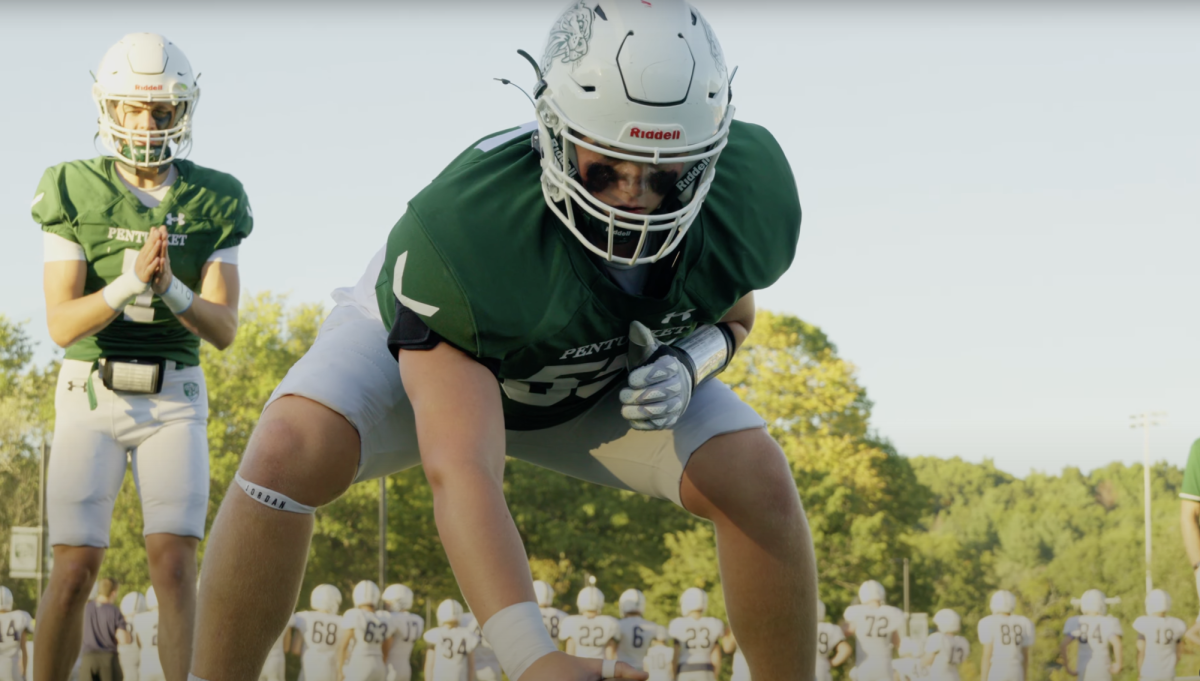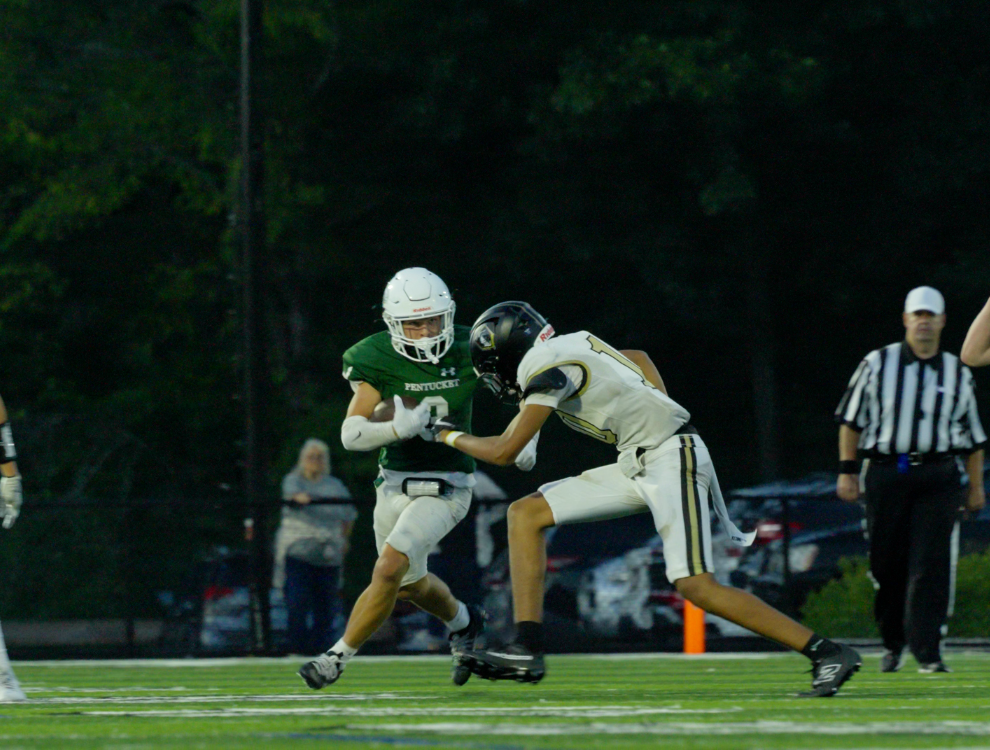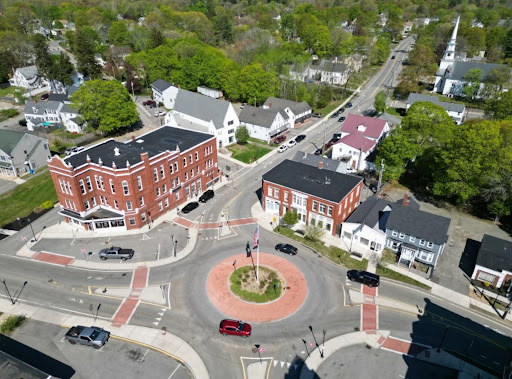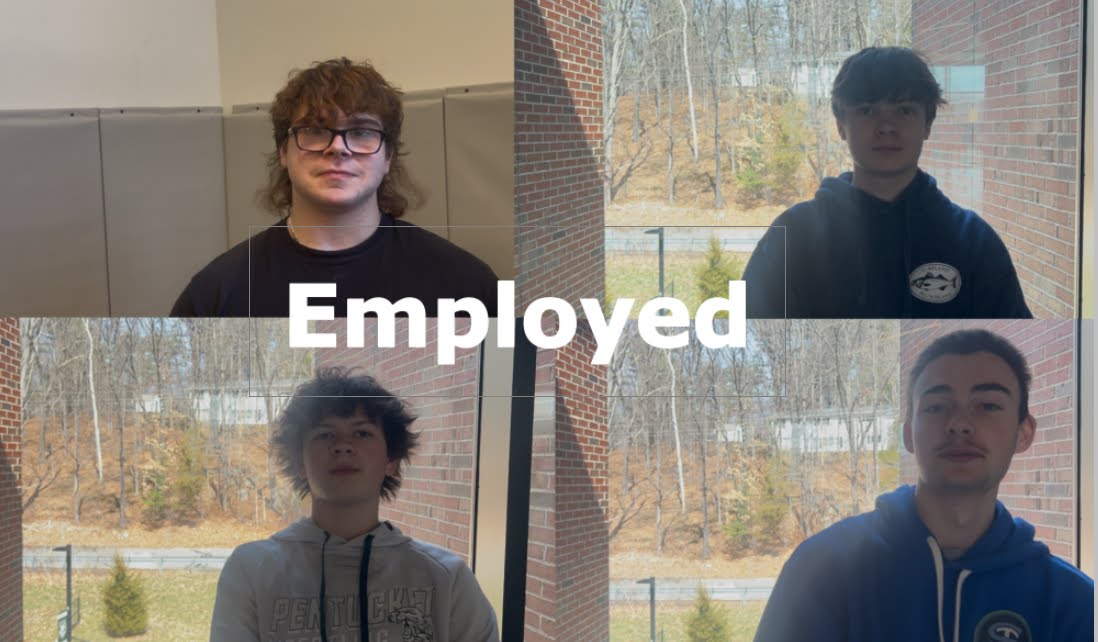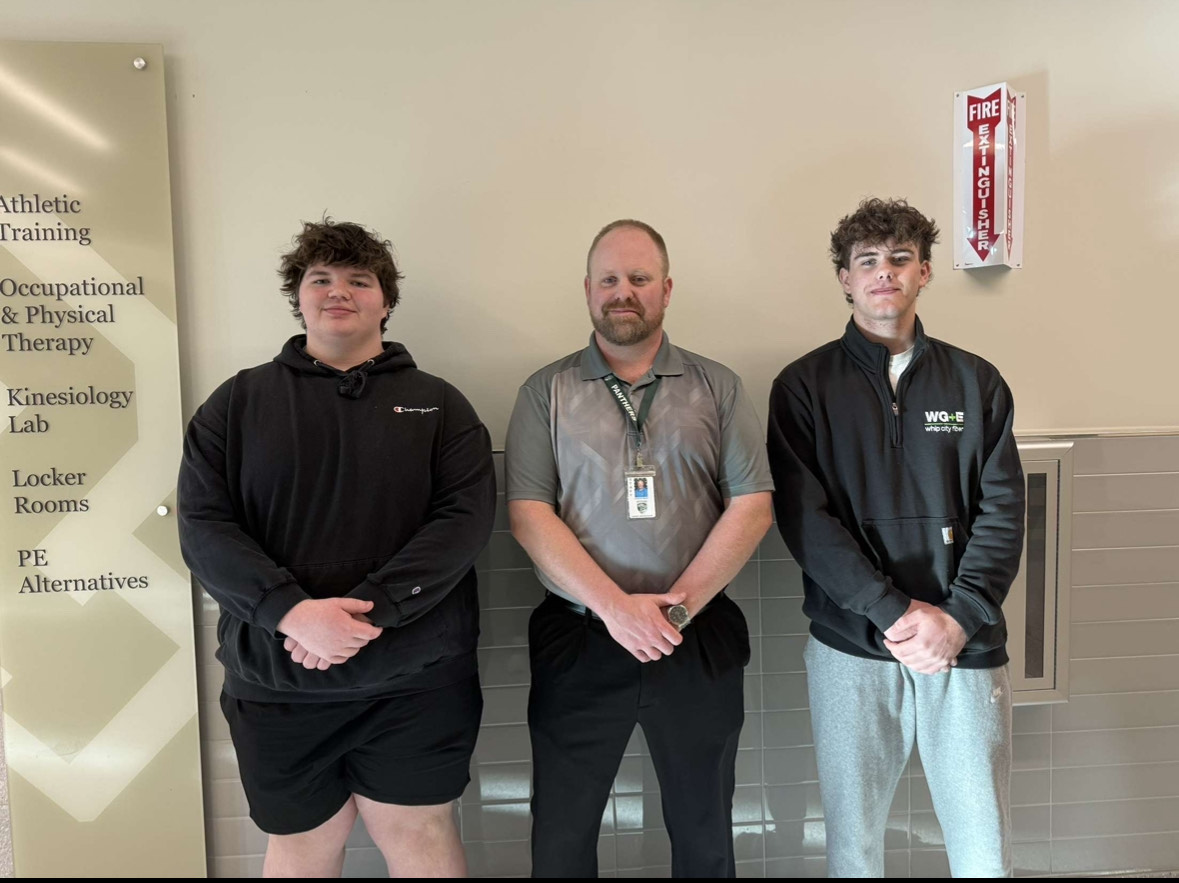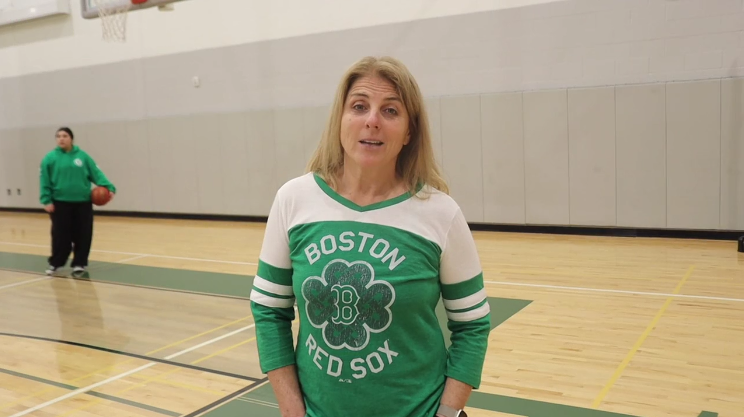We all know at least one school or company that has had a strike. But do you know why it happens? Or that only a few towns over, three schools have recently had strikes? Or that they were some of the longest in decades?
There are numerous reasons that employees may strike. They may want higher pay, increased parental leave, or other benefits. In the case of teachers, a strike is more prone to happen when a new contract is up for negotiation. This was the case for these three towns. But the reason that schools were out for so long was that neither side would come to any compromise.
Although strikes can be disruptive to students’ and parents’ daily lives, they usually have the support of many throughout their respective towns. In recent years, strikes have been because of social issues as well, not just higher pay. Certain social issues and even health insurance and air conditioning within schools are just a few reasons for strikes.
Another interesting fact is that strikes are illegal in Massachusetts. In fact, strikes are only legal in 13 states, among them being Alaska, California, and Vermont. Usually, no one is actually arrested or anything like that. In most cases, the schools themselves are fined. In this case, the fines started at $50,000 and increased by $10,000 a day. The reason that no one is actively arrested for striking is because “school administrators usually have no way of knowing if you are actively participating in the strike” (Teacher Strike).
After nearly two weeks of striking, Gloucester, Beverley, and Marblehead have all reached deals with their respective unions. Gloucester reached a deal on November 22, with teachers getting nearly a 16% increase over four years and paraprofessionals getting an approximate 40% increase over five years. “The Gloucester deal also includes new professional development benefits for paraprofessionals, additional teaching time in middle schools, and a guaranteed role for teachers in testing new curriculums” (Boston Globe). Marblehead and Beverley reached similar deals on November 26, with teachers and paraprofessionals getting a large increase in salary over the course of several years.
Overall, strikes can help get benefits for teachers and other school administrators, but they can come at a high cost. Many students will have to go to school through school breaks like April and February vacations. Even though this is a downside to the strikes that occurred, teachers and paraprofessionals get increased benefits and a better pay grade.


